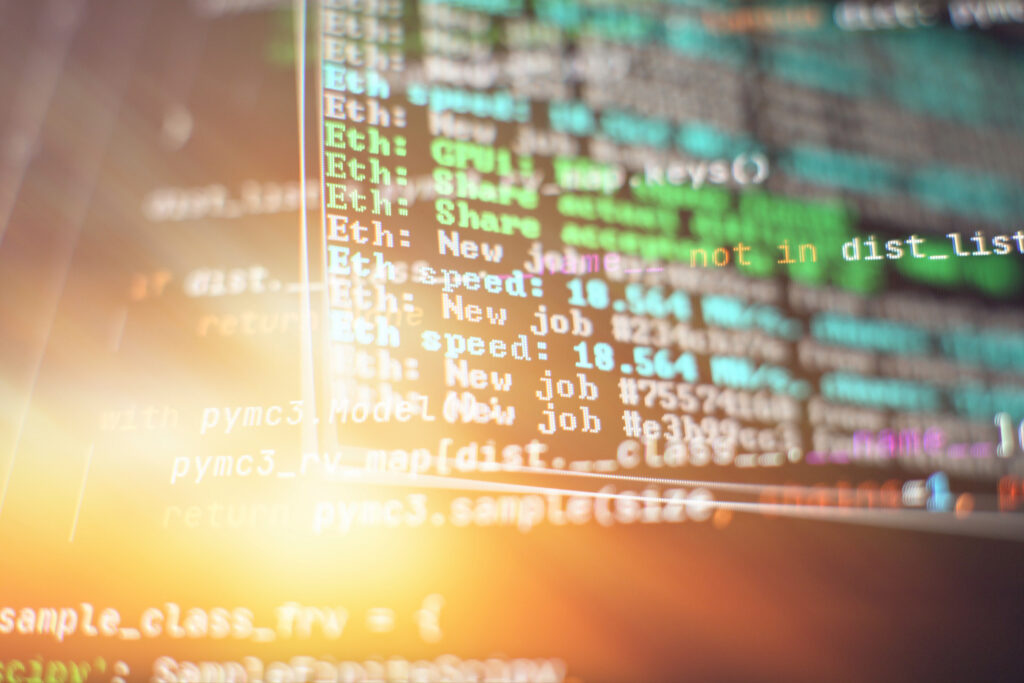Linux has major security advantages over Windows thanks to its open architecture, strict access controls, and flexible customization. As a result, Linux systems tend to have far fewer vulnerabilities and are much harder to hack than Windows PCs.
A 2022 analysis found that critical vulnerabilities in Windows outnumbered those in Linux by a factor of 3 to 1 over the past 5 years. Additionally, 75% of ransomware attacks target Windows devices according to 2021 reports.
In fact, Windows has more total vulnerabilities – both patched and unpatched – than Linux, macOS, Unix, and networking devices combined. Analysis from 2020 found an average Windows 10 machine has around 14 unpatched critical vulnerabilities at any given time that hackers could potentially exploit. The numbers are so high for Windows simply because it’s such an attractive target given its massive user base. Meanwhile Linux has nowhere near that level of exploits in the wild. So by nature of attracting less attention from cybercriminals, the alternative options like Linux remain inherently more secure.
These differences arise because Linux’s community-driven model allows thousands of developers to inspect code and rapidly patch bugs – often within hours or days of discovery. Windows relies solely on Microsoft for fixes, resulting in slower turnarounds. In fact, Microsoft’s constant, ongoing battle to fix leaks and bugs in Windows were made famous, among other reasons, by a day of every month set aside for new updates, many of which are “patches” for previously released patches: “Microsoft patch Tuesday.”
Furthermore, Linux implements granular user accounts and file permissions for superior access control. Even if hackers gain entry, the damage can be contained. Windows largely relies on admin versus standard user privileges, allowing wider system access by default from intrusions.
Linux also runs far fewer background services by default, limiting points of entry. Sandboxing components is easy as well to isolate potential infections. Matching such customizable security on Windows requires expensive add-ons that slow performance.
So Linux offers better security for both individuals and organizations. It already powers most web servers and critical infrastructure globally.
As digital threats grow, Linux’s flexible community-backed, fully transparent Open-Source model will likely keep it the most secure OS option for your computers.
References:
https://itsfoss.com/reasons-switch-linux-windows-xp/
https://web-mind.io/cyber-security/windows-vs-linux-which-is-safer/



